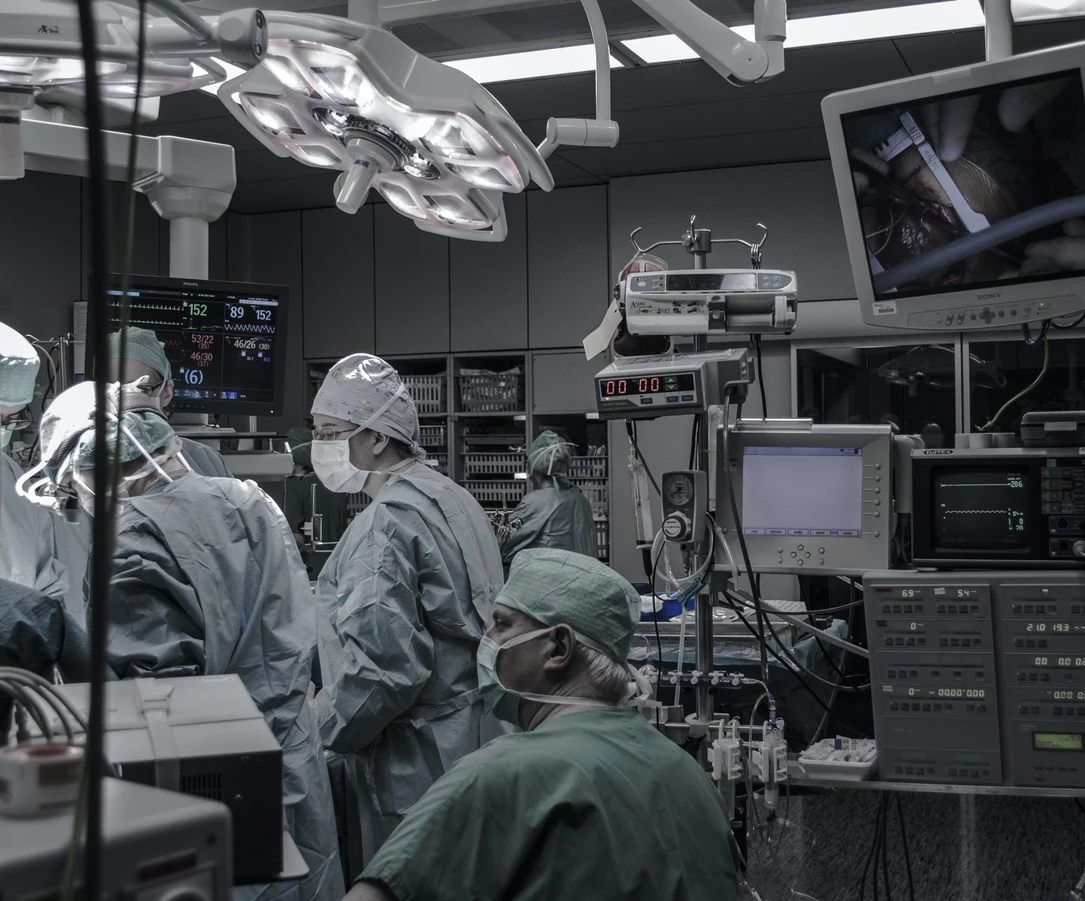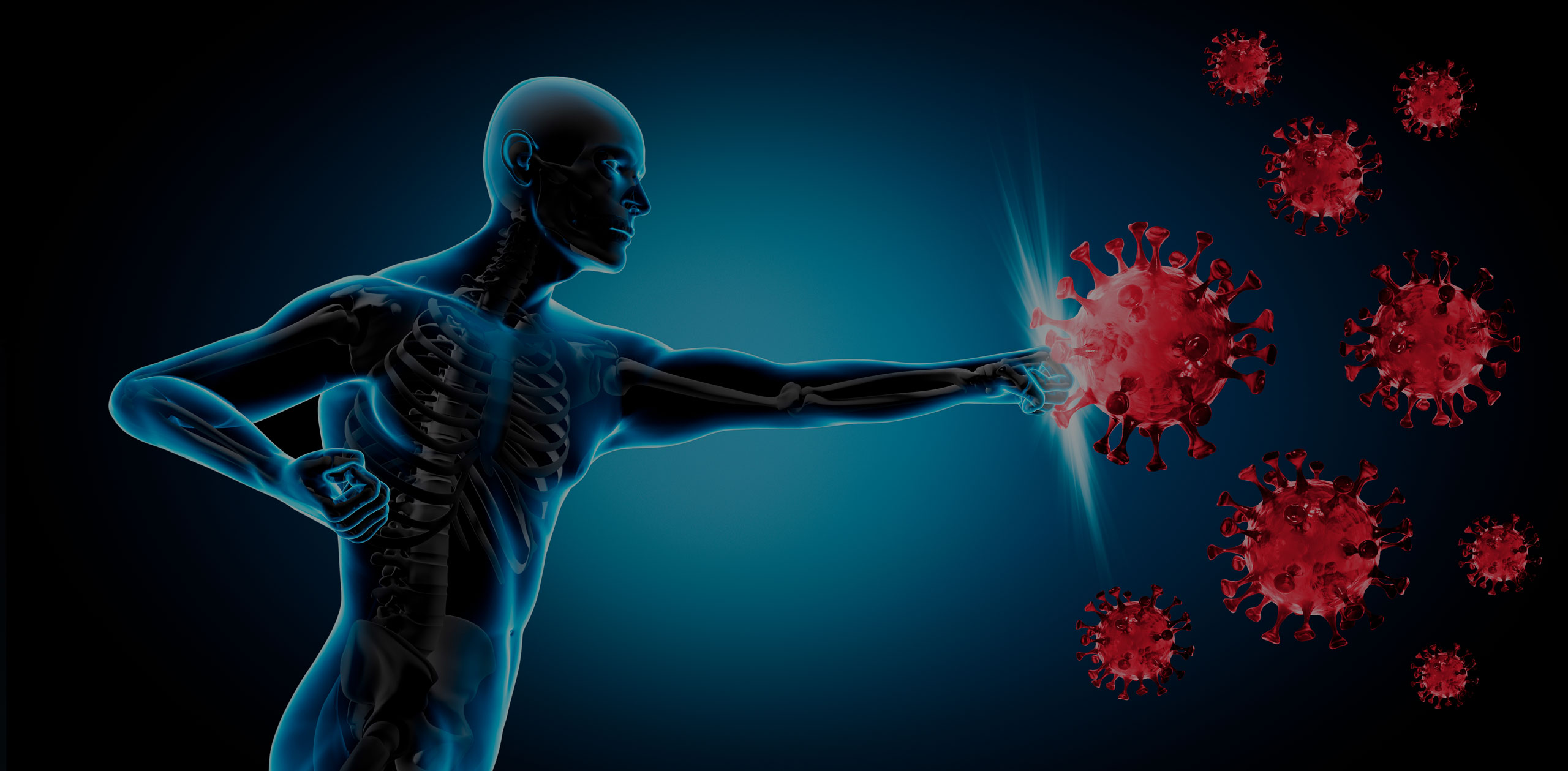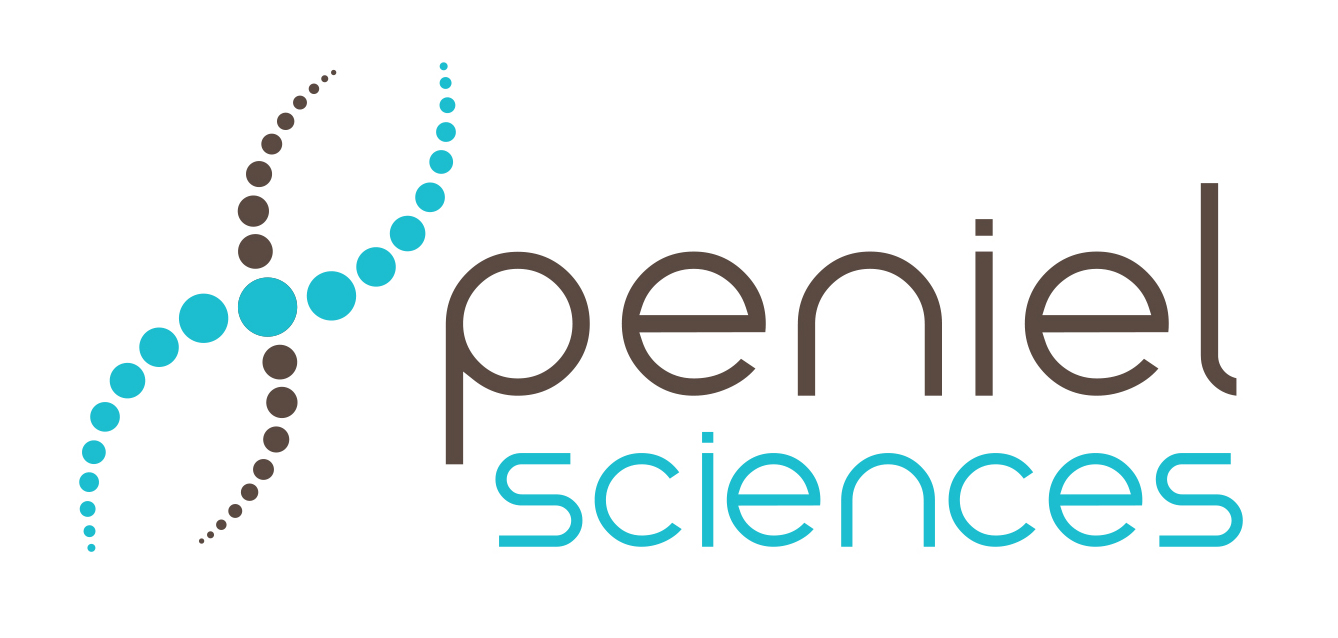R&D Overview
Carefully designed collagen mimetic peptides could be used instead of the collagen protein itself. Our scientific team has experience in designing and synthesizing synthetic peptides that mimic collagen protein’s characteristics.
These include peptides with up to 100 amino acids in the sequence closely resembling structure of collagen. Peniel Sciences is preparing for further studies in this area and to acquire IP rights.
Peniel Sciences has pending inquiries from multinational cosmetic companies in USA and has issued quotes for values of up to $10 million.
SYNTHETIC PEPTIDES
Peptide synthesis is the production of small protein molecules using state of the art synthetic techniques, where multiple amino acids are linked via amide bonds, also known as peptide bonds.
Why synthetic peptides? Because synthetic peptides are convenient to make using current technologies and are biologically active just like proteins. Different types of peptides and modified peptides (e.g. conjugated to other biomolecules) can be made by chemical synthesis (e.g. solid phase peptide synthesis) with high purity, potency, efficacy, and effectiveness.
There are more than 100 approved peptide drugs in the market, and more than 500 peptides are in various stages of clinical development.
Use of peptides in various areas such as cosmetics, diagnostics, medical imaging, vaccines, drug delivery etc. is growing.
Bioactive Wound Gel
benefits via FDA 510(k) premarket notification
Added value for end user
■ High efficacy in wound treatment of chronical wounds
– Acceleration of wound closure by bioactive wound matrix
– Prevention of 2º secondary infection by novel antimicrobial resin
■ Complementary to existing “gold standard” treatment scheme
■ Applicable with standard secondary wound covering
■ Easy handling (cleans-apply-cover) and individual portioning Ready to use off the shelf
■ Room temperature storage Long shelf life
■ ɣ-Sterilized

Evolution of the wound care market
Traditional Wound Care
Cover and protect wound
Advanced Wound Care
Promote moist environment
Cover and protect wound
Bioactive Wound Care
Stimulate healing
Promote moist environment
Cover and protect wound
SPMT® - Biomaterials based on peptide backbones
· SPMT® for biomaterials based on peptides and oligonucleotides
· Controlled polymerization of biomolecules to synthesize novel biomaterials with comparable properties to biomolecules (proteins)
· Biomaterials as anti-viral and antimicrobial agents
· Use of such biomaterials in medical devices (liquid bandages, masks etc.)
Oral Peptide Drugs
Oral delivery of peptide drugs is highly desirable due to the possibility of better patient compliance and drug storage/logistic reasons.
Peniel sciences is focusing on oral formulations of insulin, calcitonin, parathyroid hormone, vasopressin, GLP-1 analogs etc.
Other Applications of SPMT®
· Peniel Sciences is currently developing novel peptide based Tyrosinase Inhibitors using SPMT® platform.
· Peptide based Tyrosinase Inhibitors (PTIs) are intended to be used in cosmetics formulations as skin whitening applications.
· Use of SPMT® platform in the design of PTIs is expected to produce stable and more efficient formulations.
SPMT® Covid-19
combating face mask

· Atmospheric aerosol particles – also known as atmospheric particulate matter, particulate matter(PM), particulates, or suspended particulate matter (SPM)- are microscopic solid or liquid matter suspended in the atmosphere of Earth.
· Subtypes of atmospheric particles include suspended particulate matter (SPM), thoracic and respirable particles, inhalable coarse particles, which are coarse particles with a diameter between 2.5 and 10 micrometers (μm) (PM10), fine particles with a diameter of 2.5 μm or less (PM2.5), ultrafine particles, and soot.

This diagram shows types, and size distribution in micrometers, of atmospheric particulate matter



